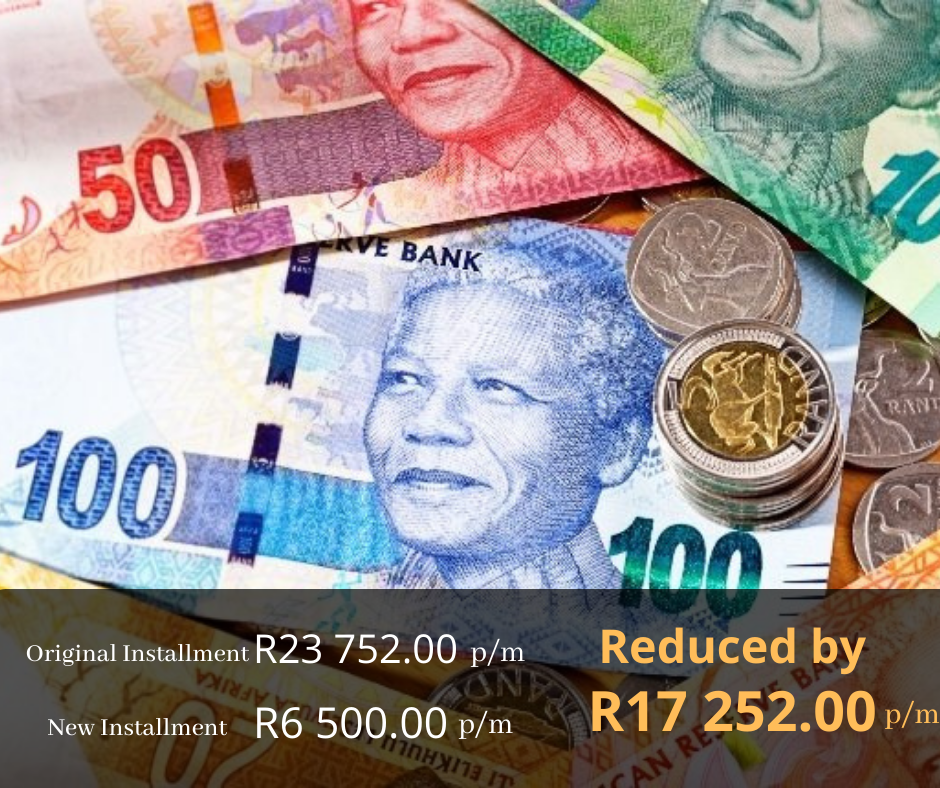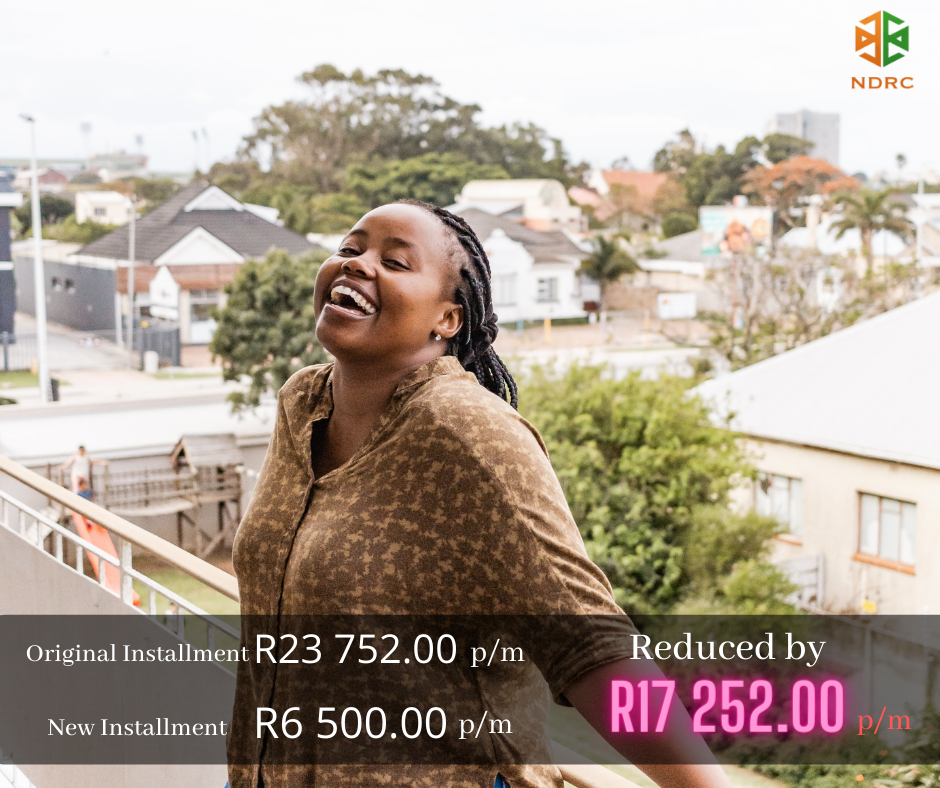How to Make a Budget that Actually Works for You
How to Make a Budget that Actually Works for You?
Discover the art of crafting an effective budget for financial success. Learn budgeting tips, SMART goals, expense tracking, savings strategies, and more. Take control of your finances and achieve your goals wisely.
By The National Debt Review Center
Crafting a Practical Budget: Your Guide to Financial Success
In today’s fast-paced world, managing personal finances has become more crucial than ever. A well-structured budget serves as the foundation for achieving your financial goals, whether it’s paying off debt, saving for a dream vacation, or investing for the future. However, creating a budget that truly works for you requires careful planning and consideration. In this article, we’ll delve into the essential steps to crafting a budget that aligns with your lifestyle and aspirations, helping you achieve financial success.
How to Make a Budget that Actually Works for You
Set Clear Goals
Before embarking on your budgeting journey, it’s essential to define your financial goals. Whether it’s purchasing a home, starting a business, or building an emergency fund, having clear objectives will guide your budget decisions. Consider both short-term and long-term goals, and make them specific, measurable, achievable, relevant, and time-bound (SMART). This clarity will motivate you to stick to your budget and make necessary adjustments along the way.
Analyse Your Income and Expenses
To create a realistic budget, you need to have a clear understanding of your income and expenses. Start by calculating your total monthly income, including your salary, freelance earnings, and any other sources. Next, list all your expenses, categorizing them into fixed (rent, utilities, insurance) and variable (entertainment, dining out, shopping) categories. Be thorough and honest with yourself; tracking your spending for a few weeks can provide valuable insights.
Prioritise Essential Expenses
Once you have a comprehensive list of your expenses, prioritise your essential expenses. These are the non-negotiables, like rent/bond, utilities, groceries, transportation, and debt payments. Allocate a fixed amount to these categories, ensuring that they don’t exceed a certain percentage of your income. Prioritising essentials will help you maintain stability even during financially challenging time.
Allocate Funds for Savings and Debt Repayment
One of the critical elements of a successful budget is allocating funds for savings and debt repayment. Aim to save at least 20% of your income, which can be divided into various categories like emergency fund, retirement, and specific goals (e.g., vacation, down payment). Additionally, allocate a portion of your budget to pay off high-interest debts. Tackling debt will free up more funds for saving and investing in the future.
Implement the 50/30/20 Rule
An effective budgeting strategy is the 50/30/20 rule. Allocate 50% of your income to needs (essential expenses), 30% to wants (discretionary spending), and 20% to savings and debt repayment. This rule provides a balanced framework that prevents overspending while allowing you to enjoy life’s pleasures guilt-free. Adjust the percentages as needed to suit your unique circumstances.
Embrace Technology and Budgeting Tools
In the digital age, various apps and tools can simplify the budgeting process. These platforms allow you to link your accounts, track expenses, set financial goals, and receive real-time insights into your spending patterns. Automation can help you stay on top of your budget without manual calculations, making the process more manageable and efficient.
Regularly Review and Adjust
A budget isn’t a set-it-and-forget-it document; it’s a dynamic tool that requires regular review and adjustment. Life is unpredictable, and your financial circumstances may change. Periodically review your budget to ensure it aligns with your current situation and goals. Make adjustments as necessary, and don’t be afraid to reallocate funds based on shifting priorities.
Practice Mindful Spending
Mindful spending involves being intentional about your purchases and questioning whether they align with your values and goals. Before making a purchase, ask yourself if it’s a need or a want, and consider its impact on your budget. This practice helps you avoid impulse buying and stay focused on your financial objectives.
Conclusion
Crafting a budget that genuinely works for you requires careful planning, commitment, and flexibility. By setting clear goals, analysing your income and expenses, prioritizing essentials, and adopting effective budgeting strategies, you can take control of your finances and achieve your aspirations. Remember that a budget is a tool to guide you toward financial success, and with regular review and adjustments, you’ll be well on your way to a more stable and prosperous future.







0 Comments